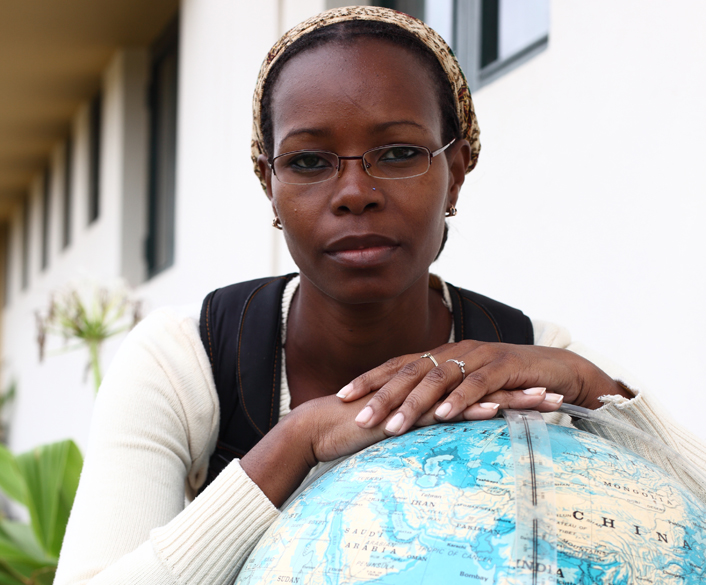

World Population Report cites progress and setbacks in world of 7 billion

Additional Investments in Youth Needed as World Population Tops 7 Billion, States UNFPA Report
Tear down barriers to put women and men on equal footing, agency head says
LONDON—In five days, world population is projected to reach 7 billion. How we respond now will determine whether we have a healthy, sustainable and prosperous future or one that is marked by inequalities, environmental decline and economic setbacks, according to The State of World Population 2011 report, published today by UNFPA, the United Nations Population Fund.
“With planning and the right investments in people now—to empower them to make choices that are not only good for themselves, but also for our global commons—our world of 7 billion can have thriving sustainable cities, productive labour forces that fuel economies, and youth populations that contribute to the well-being of their societies,” says UNFPA Executive Director Dr. Babatunde Osotimehin in the foreword of the report, entitled People and Possibilities in a World of 7 Billion.
Our record population size can be viewed in many ways as a success for humanity because it means that people are living longer and more of our children are surviving worldwide, the report shows. But not everyone has benefited from this achievement or the higher quality of life that this implies. Great disparities exist among and within countries. Disparities in rights and opportunities also exist between men and women, girls and boys. Charting a path now to development that promotes equality, rather than exacerbates or reinforces inequalities, is more important than ever.
The 7 billion milestone “is a challenge, an opportunity and a call to action,” said Dr. Osotimehin at the report’s launch in London. The report is also being launched in more than 100 other cities worldwide.
Of the world’s 7 billion, 1.8 billion are young people between the ages of 10 and 24, Dr. Osotimehin noted. “Young people hold the key to the future, with the potential to transform the global political landscape and to propel economies through their creativity and capacities for innovation. But the opportunity to realize youth’s great potential must be seized now,” Dr. Osotimehin said. “We should be investing in the health and education of our youth. This would yield enormous returns in economic growth and development for generations to come.”
Click here to read more.
Click here to read the full report.
Learn more about the MDG-F's work with youth and women.
Read some highlights from our programmes: Training and jobs for Serbian youth and Empowering women through coffee.